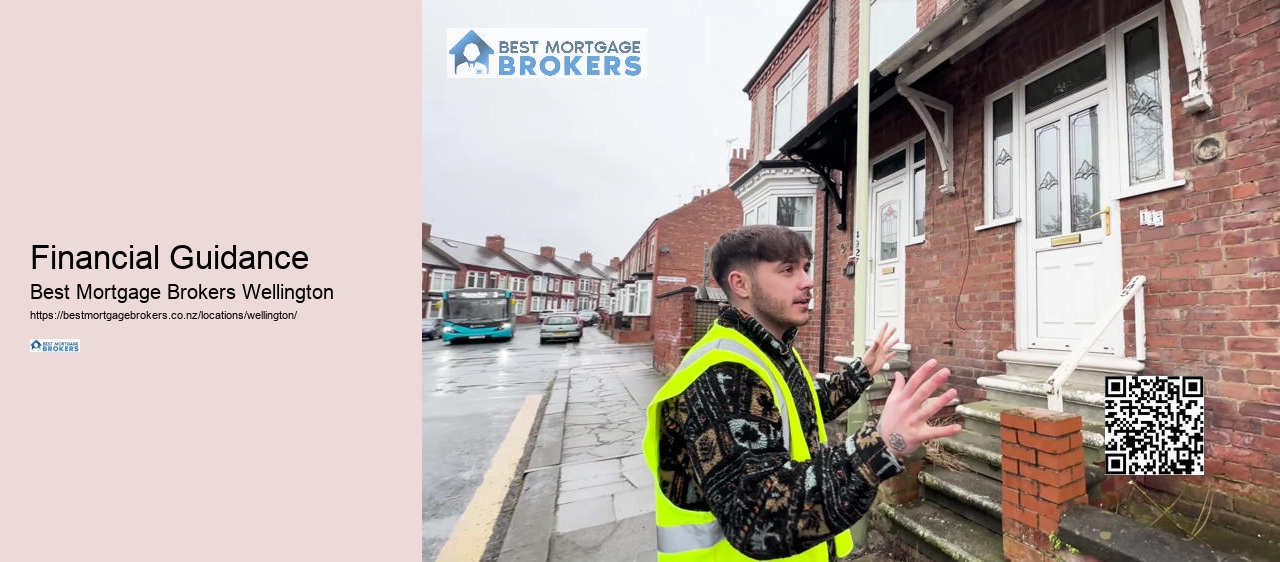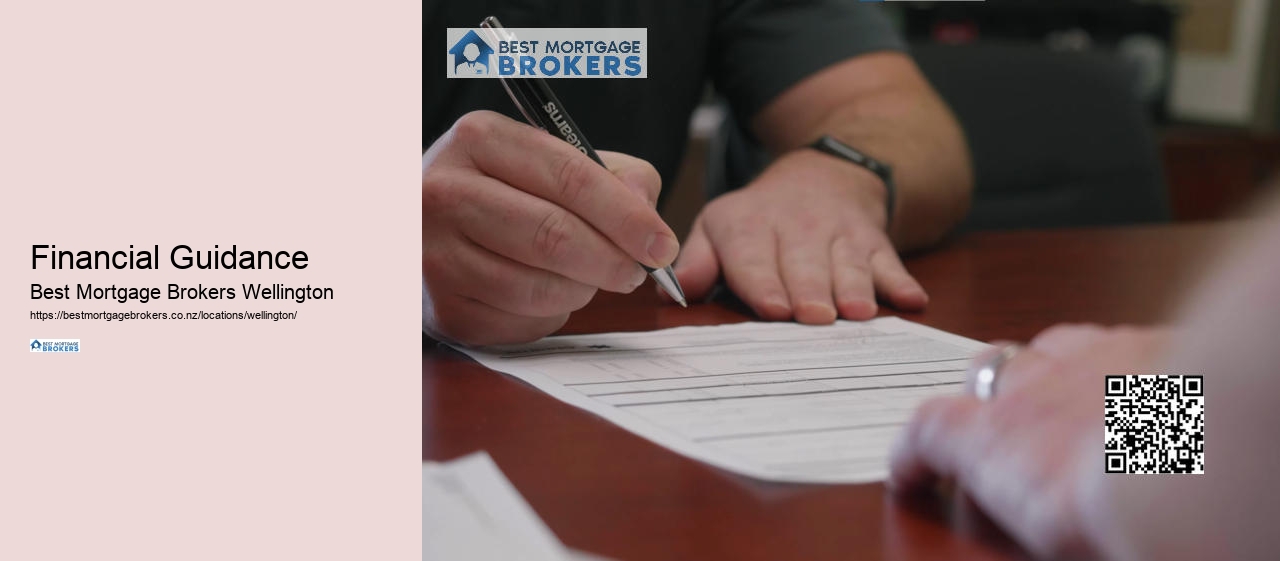

Understanding the importance of mortgage insurance is crucial for protecting your investment in the event of unforeseen circumstances. financial advisor Mortgage insurance is an investment product that protects lenders in the event of default by borrowers. Homebuyers who pay less than 20% as a deposit are usually required to purchase mortgage insurance.
Lenders are protected by mortgage insurance, which allows them to approve loans despite the fact that borrowers may not be able to meet the 20% downpayment requirement. Mortgage insurance can add an extra cost to monthly mortgage payments but help you finance your dream home.
This insurance ensures you will not lose your home due to foreclosure, and it helps maintain the stability in the housing market. It's essential to understand the terms and conditions of your mortgage insurance policy to know what is covered and how to make a claim if needed.
They will also ensure you get the coverage that best suits your needs. For those looking to secure a home mortgage, navigating credit issues can be an overwhelming task.
It's important to take proactive steps to resolve credit problems to increase your chances of getting a mortgage. Get a copy of the credit report and analyze it to determine what is affecting your score.
They will also find solutions that fit into your budget. Credit issues can be addressed proactively to improve your chances of securing the mortgage you need for your dream home. Budgeting plays a vital role in achieving financial preparedness for homeownership.
By creating a budget, you can track your income and expenses, identify areas where you can cut costs, and allocate funds towards savings goals and debt repayment. It is important to have a well-crafted budget that not only shows you how to manage your finances but also demonstrates to mortgage lenders you are capable of paying on time.
A solid budget can also prevent you from accumulating debt and falling behind in payments. Budgeting allows for you to plan ahead and save for the down payment, closing cost, and any other homeownership expense.
Budgeting will help you to improve your overall finances and increase the chances that you'll be able to get a loan that meets your goals. The different term options are important to consider when choosing a home loan.


Mortgage term is the amount of time that you will agree to pay back your mortgage. The most common mortgage terms are 15, 20 and 30 years. However, there are also options.
In general, a shorter mortgage term such as 15-years will have higher monthly payments, but you can pay your loan off faster and save money on interest.
Generally, the bigger the downpayment, the lower the loan amount. This can reduce monthly payments and interest costs. Private mortgage insurance (PMI) is usually required for conventional loans with down payments less than 20%.
You can save thousands in insurance costs by making a large down payment. On the other hand, a lower down payment means that you will have to pay a greater loan amount.
Your financial goals and the amount of your downpayment must be balanced. In deciding how much to put down on your mortgage, you might need to take into consideration factors such as your savings, your budget, and your future plans.
We will walk you through the appraisal process so that you have a better understanding of your property value. Property appraisals are a vital step in the mortgage process.

They provide an unbiased estimate of your property's worth, influencing the loan amount you can secure. Appraisals will be performed by professionals licensed to do so. They consider factors such the property's size, location, condition and comparable sales.
To prepare your property, you should ensure that it is clean and well-maintained. It also needs to show off any recent upgrades.
The appraised valuation of your home is an important factor when determining the loan to value ratio. This ratio has an impact on the rate of interest, the loan amount, or even the need for mortgage insurance.
The importance of closing costs can be revealed by navigating the property appraisal. Closing cost are the fees you pay to finalize your loan. investment property
These fees can include attorney fees, title fees, appraiser fees, loan origination costs, etc. It is important to understand these costs because they can affect the amount of money you will need to buy your new house. We emphasize as mortgage advisors the importance of budgeting early in the homebuying journey for closing costs.
This will also ensure that the closing process goes smoothly. You should discuss the closing costs of your home with your mortgage agent to ensure that you have a complete breakdown. new home
You can also negotiate with lenders to reduce some of the fees if you are aware of them. Your mortgage adviser can help you to find different options for minimizing these costs.
It is important to seek legal advice when dealing with the complexity of the mortgage application process. Legal guidance is essential to ensure that the mortgage contract is clear and compliant with the law.

Some banks prefer to offer mortgages directly without involving brokers. However, the majority of banks work with brokers. Our brokers have access to a wide network, including those lenders that collaborate with brokers.
If you suspect you've been scammed by a mortgage broker, report the incident to the appropriate regulatory authorities. Additionally, consult with legal counsel to explore potential recourse options.
A 2.25% interest rate is generally considered favorable. However, the suitability of the rate depends on various factors such as the overall market conditions, your financial goals, and the term of the mortgage. Our brokers can help you assess whether this rate aligns with your needs.
Getting preapproved by multiple lenders can provide a comprehensive understanding of your options. However, for efficiency and transparency, it's generally advisable to choose one broker or lender to work with throughout the application process.